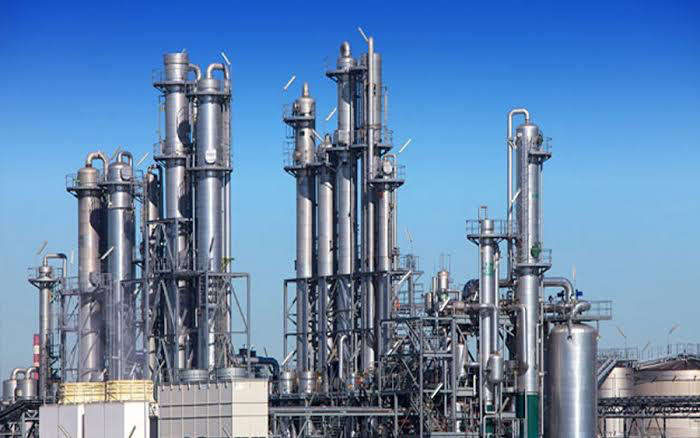The Nigerian National Petroleum Corporation (NNPC) has reiterated its commitment to complete the rehabilitation of the Port Harcourt refinery by the end of December 2023, amid mounting pressure and skepticism from various stakeholders.
The Port Harcourt refinery, which has a capacity of 210,000 barrels per day, is one of the four state-owned refineries that have been idle for years due to poor maintenance and corruption. The NNPC embarked on a $1.5 billion project to revamp the refinery in March 2021, intending to restore its optimal performance and reduce Nigeria’s dependence on imported petroleum products.
According to Mele Kyari, the group chief officer of NNPC Limited, the procurement process for the rehabilitation of the refinery is 98 percent complete and the long lead items are on site. He confirmed that the refinery will start operations by the end of December 2023, during a meeting with lawmakers on November 23.
Ibrahim Onoja, the managing director of Port Harcourt Refining Company (PHRC), also assured that the refinery has gone over 98 percent and that the instrumentations are on site. He said the refinery will produce Euro V quality petrol, diesel, kerosene, and aviation fuel, which will meet the domestic and regional demand.
However, some analysts and experts have expressed doubt and disbelief over the NNPC’s claims, citing the history of failed promises and deadlines by previous administrations and officials. They also questioned the economic viability and transparency of the project, which has been criticized as a waste of public funds and a conduit for corruption.
Jide Pratt, country manager of Trade Grid, a global energy consultancy firm, said he has no idea anymore about what will happen, particularly as the goalpost has been shifted many times. He said he would be pleasantly surprised if the PHC refinery is up and running by January 2 in the new year.
Luqman Agboola, a Lagos-based energy analyst, said the December deadline for Port Harcourt, and any of the other refineries in the country is unrealistic. He said there have been at least four or five similar deadlines under different ministers and regimes, without any results. He also accused Kyari of not having a history of saying the truth.
Dan Kunle, a global energy business advisor, said the 2024 cut-off date to exit petrol importation is illogical and unconvincing considering the present situation with modular refineries. He said the first hurdle is getting the refineries to function in at least 50 percent capacity, and the second hurdle is securing crude oil for them to work with.
Nigeria, Africa’s largest oil producer, has imported more than 5.52 billion liters of Premium Motor Spirit, popularly called petrol, since the removal of the petrol subsidy on May 30, 2023. This is despite the high foreign exchange crisis across the country, which has weakened the naira and increased the cost of living.
The NNPC, however, dismissed the doubt and maintained that the company will meet the December deadline for the Port Harcourt refinery to run again. Olufemi Oladapo Soneye, NNPC’s corporate communication officer, speaking with BusinessDay on Monday, insisted that the refinery will take off by month’s end.
The completion of the Port Harcourt refinery revamp will be a major milestone for the NNPC and the Nigerian government, as it will boost the local refining capacity and reduce the import bill. It will also create jobs, generate revenue, and enhance the energy security of the country.
Source: BusinessDay



